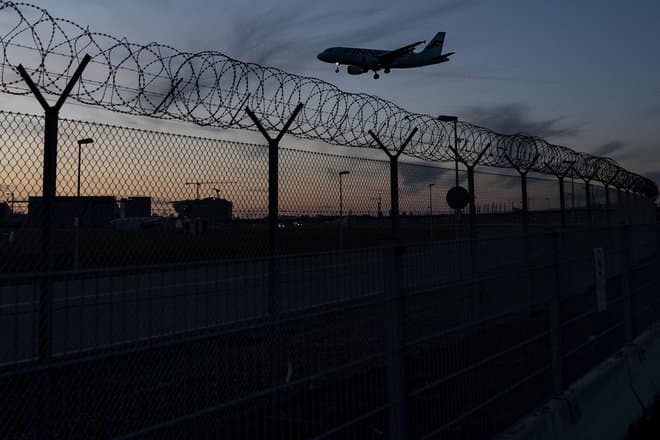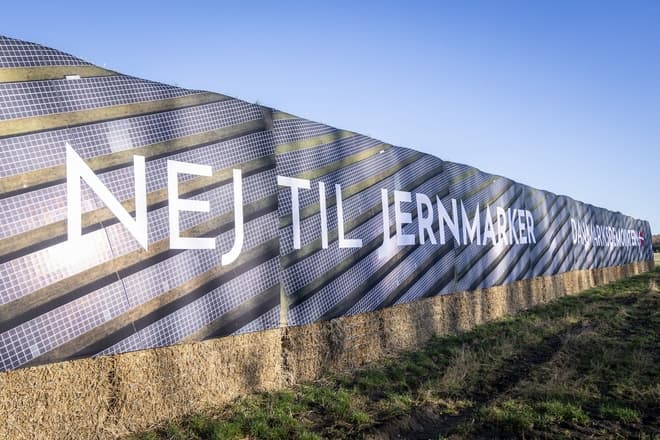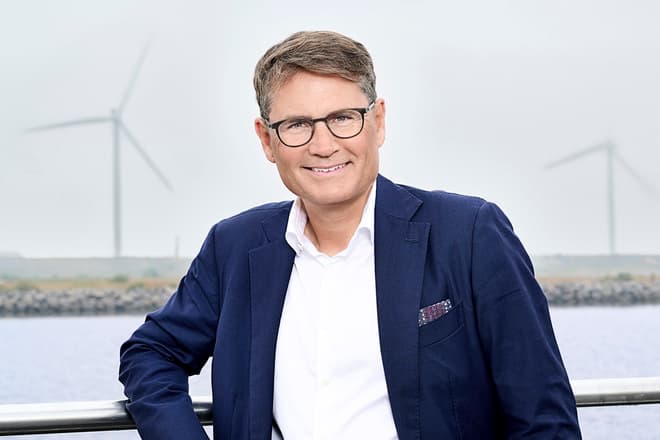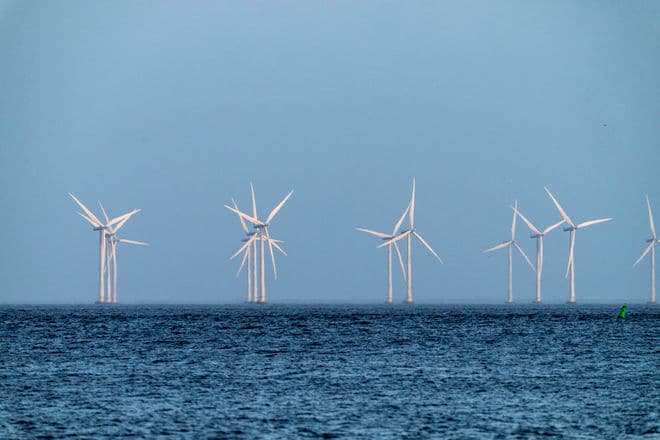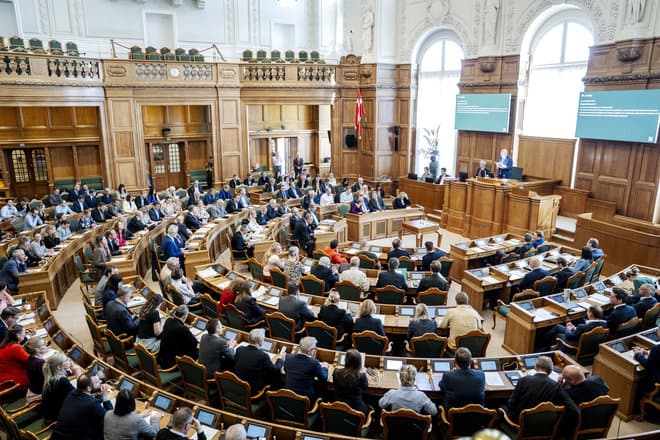
As DK Vindkraft reported yesterday, Prime Minister Mette Frederiksen (S) is inviting to an international summit on offshore wind in the Baltic Sea. It will take place on Bornholm on Tuesday, August 30, where heads of government or other political representatives from Germany, Poland, Sweden, Finland, Estonia, Latvia, Lithuania and the EU Commission will participate.
The focus will be on energy security in light of the war in Ukraine and the climate crisis, says Minister for Climate, Energy and Utilities Dan Jørgensen (S). According to the minister, the Baltic Sea has untapped potential for renewable energy.
- It is about accelerating cooperation with the countries that border the Baltic Sea from the EU. It is a purpose that is inherently good, because it is always good to cooperate on energy, he says.
According to Dan Jørgensen, it is specifically about creating the framework for expanding renewable energy - especially offshore wind. According to the Ministry of Climate, Energy and Utilities, a total of 2.8 GW of offshore wind is spinning in the Baltic Sea region.
Meanwhile, the EU Commission estimates that there is potential to utilize up to 93 GW by 2050. This could curb dependence on Russia and Russian gas.
- When, for example, the Baltic countries do not have a tradition of using offshore wind, there is enormous potential for it to help make them independent, says Dan Jørgensen.
No clarity on agreement yet
He says that Denmark is currently by far the largest player in the Baltic Sea.
- But we also expect to become bigger. If we are going to be bigger, that is clear, so of course we have to work together with someone. Because we must - if we do the really big projects - have an outlet for the very large amount of green electricity that will then come.
The climate minister does not yet know what exactly the countries will agree on. He is also not ready to say what the government wants Denmark to be able to contribute to a possible agreement.
When Mette Frederiksen hosted an offshore wind summit in Esbjerg in May, the government entered into an agreement with Germany, the Netherlands and Belgium to increase the capacity of offshore wind tenfold to at least 150 gigawatts by 2050. The same potential cannot be found in the Baltic Sea.
- Historically, we have been better at expanding the North Sea than the Baltic Sea. And there is also greater potential in the North Sea than there is in the Baltic Sea, says Dan Jørgensen, who at the same time calls 93 gigawatts "considerable". It should be remembered that today one gigawatt is enough to supply electricity to over a million - perhaps up to one and a half million - households.
/ritzau/
Text, graphics, images, sound, and other content on this website are protected under copyright law. DK Medier reserves all rights to the content, including the right to exploit the content for the purpose of text and data mining, cf. Section 11b of the Copyright Act and Article 4 of the DSM Directive.
Customers with IP agreements/major customer agreements may only share Danish Offshore Industry articles internally for the purpose of handling specific cases. Sharing in connection with specific cases refers to journaling, archiving, or similar uses.
Customers with a personal subscription/login may not share Danish Offshore Industry articles with individuals who do not themselves have a personal subscription to Danish Offshore Industry.
Any deviation from the above requires written consent from DK Medier.










